After BMW announced its withdrawal from the price war, it was rumored that many car companies would follow suit and withdraw from the price war.
According to reports from multiple media, Volkswagen, Toyota, Honda, Volvo and many other car companies have stated one after another that they will adjust the terminal policies from July and reduce the terminal discount, or no longer further reduce prices.
At present, the discount range of some car models of some car companies has shrunk, and even some car models have shown price increases of varying degrees.
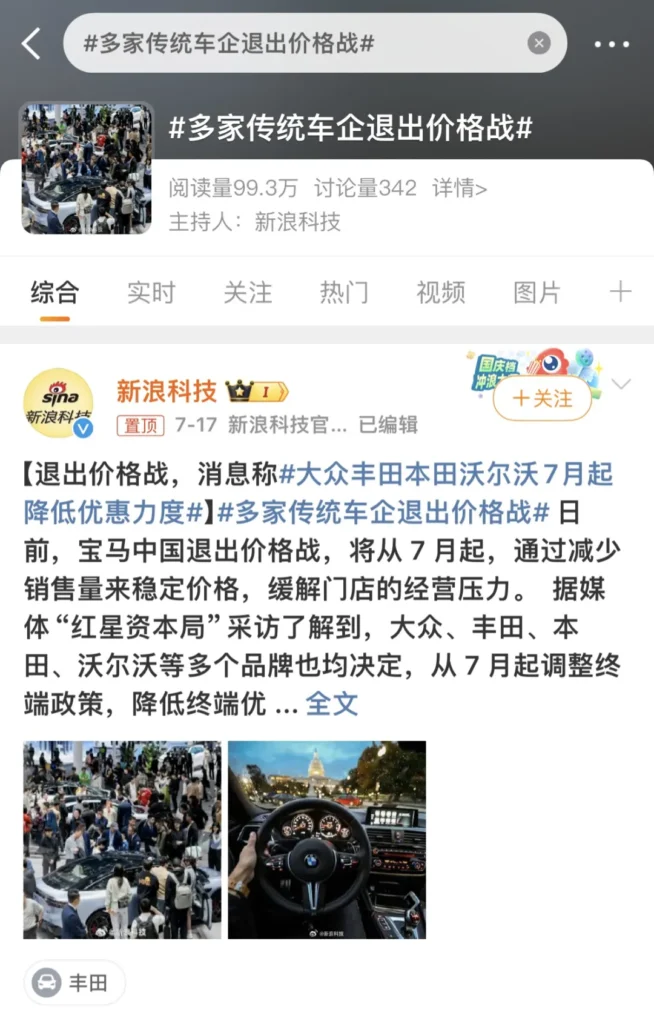
Many netizens have on the Internet that the prices of several models of Audi have increased by 1 to 2 thousand yuan compared to before. For some popular models, such as the terminal price increase of Audi A4L and Mercedes-Benz C-Class has reached as high as 10,000 yuan. At the same time, many netizens have also reported that the prices of models such as Honda Accord, Civic, and Volkswagen Passat in many places have also increased. Some netizens said that in Hunan where they are located, the entire Honda series has experienced a price increase, and the increase is about 10,000 yuan. And in the Guangzhou area, the price of the Honda Civic fuel-moving version has also increased by more than 10,000 yuan compared to June.
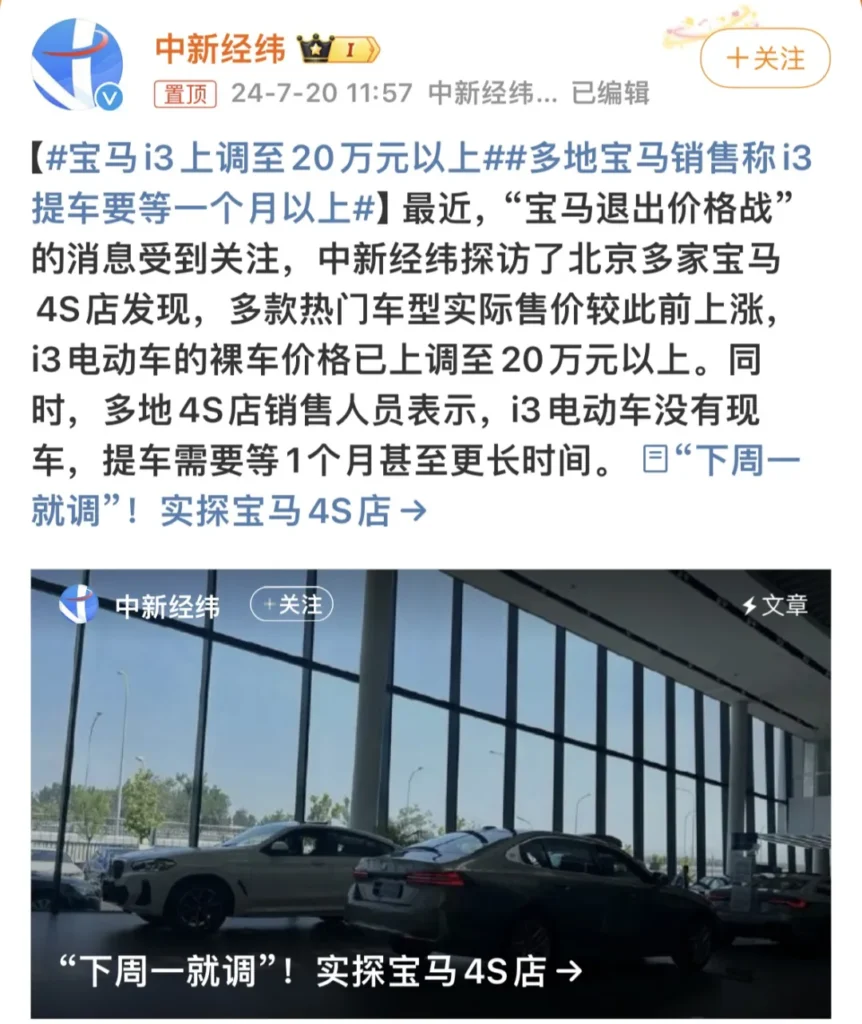
It is worth mentioning that BMW’s withdrawal from the price war this time not only affects some traditional car companies, but also affects the new car-building forces.
Recently, there has been news on the market that NIO ET5/5T and ES6/EC6 will increase prices after July 22, and the price increase of the two models are 3,000 yuan and 5,000 yuan respectively. In response to this news, the staff of the NIO store responded that it was a phased reduction of limited-time rights and interests, and realized a disguised price increase by reducing the discount of existing cars. It is understood that currently, when purchasing ET5/5T, a 10,000-yuan replacement subsidy, an 8,000-yuan option fund, and a 6,000-yuan existing car discount can be obtained, while when purchasing ES6/EC6, an 8,000-yuan discount can be obtained.
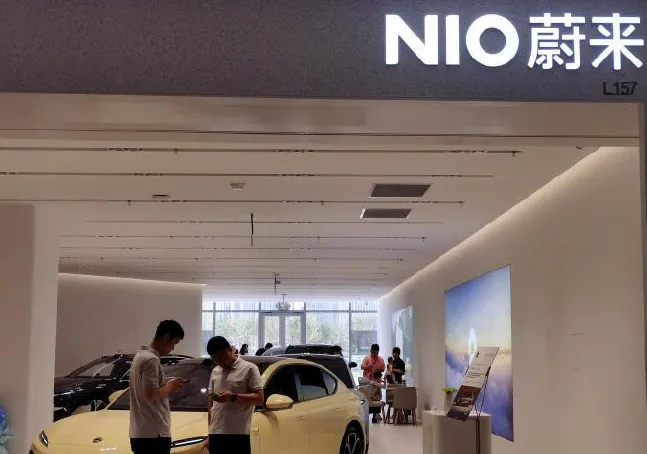
In fact, since last year, the price war in the automotive industry has become more and more intense. Entering 2024, BYD successively launched several cost-effective “Honor Edition” models in February, and launched the slogan “Electricity is lower than oil”. Among them, the prices of the Qin PLUS Honor Edition and the Destroyer 05 Honor Edition both dropped to 7.98 yuan, and the price reduction range was as high as 20,000 yuan compared to last year’s models. After BYD’s disguised price reduction, many new energy car companies and traditional car companies also followed up and reduced prices one after another.
At that time, Chery launched a 10-billion subsidy replacement season for its brands, and the subsidy amount ranged from 3,000 to 40,000 yuan according to different models. Geely Automobile also launched a limited-time discount for models such as the Xingyue L series, Xingrui series, Boyue series, and Dihao series. Tesla, as a new energy giant, also launched a limited-time discount activity for its models at that time, and the discount was as high as 8,000 yuan.
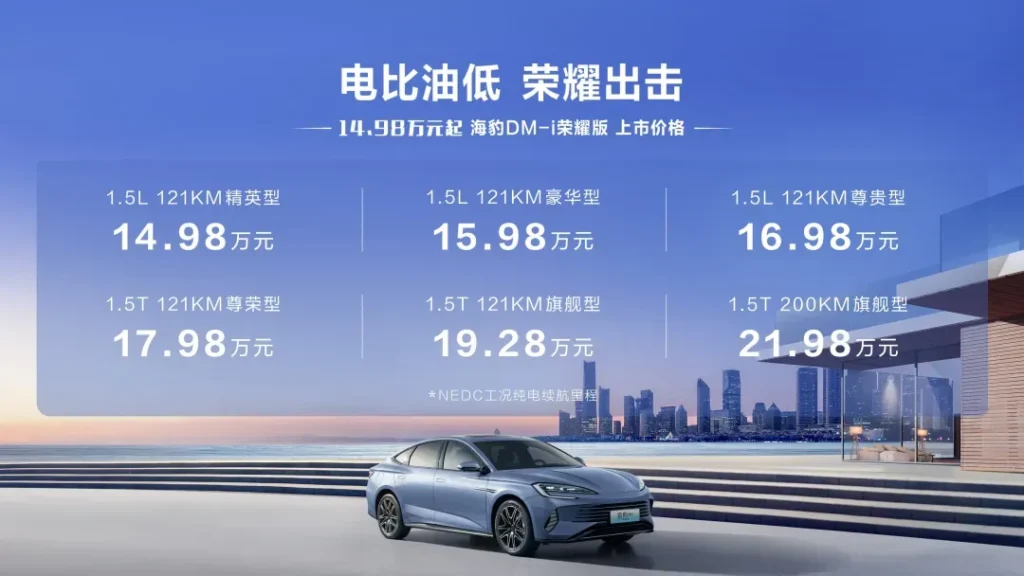
Under the background of car companies joining the price war one after another, traditional luxury brands also have to follow suit and reduce prices and be forced to join the price war. Previously, it was reported that the price of the BMW i3 dropped significantly. Among them, the original guided price of the BMW i3 35L was 35.39 million yuan, and it was rumored in June that it could be picked up for less than 200,000 yuan.
Although “exchanging price for quantity” is one of the means that car companies have tried repeatedly to seize the market share. But unfortunately, the price reduction of luxury brand models did not bring about a considerable increase in sales, and the domestic market share of traditional luxury brands still shrank. The data shows that from January to June, BMW’s cumulative sales in China was 375,900 units, a year-on-year decline of 4.2%. Mercedes-Benz’s cumulative sales in China from January to June was 352,600 units, a year-on-year decline of 6%.
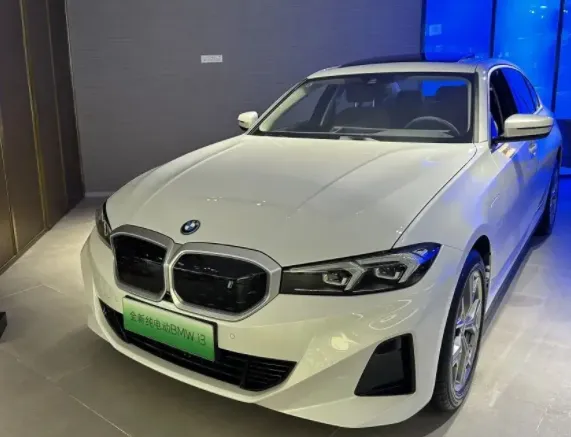
Of course, behind the “price war” is more to reduce prices to survive and increase sales. Although car companies hope to exchange price for quantity and achieve sales growth to seize the market share, as the automotive market becomes more and more intense, the effect of price reduction is not obvious. In this regard, some industry experts also pointed out that the “price war” of “exchanging price for quantity” is an established fact that the industry has entered into in-depth competition, but the effect of the “price war” is only limited to the short term.
Regarding the price war, Zeng Qinghong, the chairman of GAC, once pointed out that the entire market competition is very fierce, especially when it comes to the price war, which has been fought to the point of bleeding, and enterprises are now “reducing costs” instead of “conceding profits.” “Rolling is okay, this is the market rule, this is the supply-demand relationship, this is the rule. GAC is not afraid of the price war, conceding profits is okay, but reducing costs is a problem and not sustainable.”
In addition, some well-known institutions have also pointed out that perhaps more car companies will not reduce the prices of their models any more in the second half of the year. After all, to maintain high-quality growth in the highly competitive automotive market, in the end, it is still necessary to fight a value war.